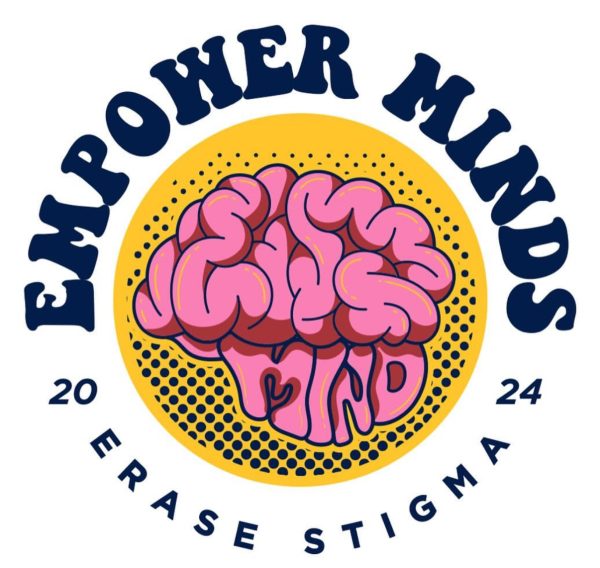The Tea on Tea
Your alarm goes off. It’s five-thirty in the morning on the first day of school. You stretch, yawn and think, “I’ll just feel better after a cup of coffee.” Right?
Wrong.
What you need is tea. No, not that type of tea. I mean the kind that comes in mugs.
See, there is little more comforting than tea. When you wake up after five hours of sleep, you know there is no way you can get through the day without caffeine. Sure coffee does the trick in waking you up, but tea also helps to calm you and reduce stress. This helps a lot more in putting you in the best state of mind for the day.
That’s not the only thing it can do though. Coffee has one purpose. Tea however, has multiple different ones. Green and black teas help wake you up and prepare your body for the day. Herbal teas help you fall asleep, maximizing your body’s natural reparation period. These are only a few of the many different kinds with many different abilities each.
Tea has less caffeine than coffee. This can be good or bad. One of the most caffeinated types of tea, green tea, contains about a third of the caffeine in a cup of coffee. This means that coffee packs a much better punch, but tea comes equipped with a large set of secondary effects. These effects that benefit you in both the long term and short term cannot be produced by a cup of coffee.
Now, what are these healthy impacts I’ve been going on about? Well, like I said, there are many different types of teas that do many different things. Many of these overlap as well. For example, white tea reduces risk of heart disease, combats aging, and helps with weight loss. Black tea also helps reduce the risk of heart disease. Oolong tea improves heart, brain, bone and dental health, boosts your metabolism, and decreases your risk of type 2 Diabetes and some types of cancer.
Another type of healthy impact comes in the form of healing. Ginger tea helps with stomach performance and is good to drink when you’re sick. Other teas that help when you’re sick are green, hibiscus, rose hip, thyme and many more. Green tea also helps with ingrown hairs and chamomile with eye infections.
However, coffee can give health advantages as well. It can help with post-workout muscle pain, it’s rich in fiber, protects your liver, lowers risk of Type 2 Diabetes and heart disease (like tea), along with many other positive effects. The problem with it, though, is that as you increase coffee intake and increase those advantages, you intake more caffeine and get the negative effects of that. Too much caffeine can cause anxiety, insomnia, digestive issues, muscle breakdowns, addiction, high blood pressure, and even fatigue. Because tea contains much less caffeine than coffee, you can drink much more and receive more with no additional countermeasures.
Finally, tea is also cheaper than coffee. When preparing tea at home, the unit price is about five cents per cup. Coffee is sixteen cents per cup. The same pattern applies when buying coffee or tea at cafes. If tea is cheaper, and also brings with it numerous more benefits, then it just makes sense that tea is the better option. Right? Right.
Side note, I wrote this while drinking tea. Oops.
Your donation will support the student journalists of The Woodlands High School. Your contribution will allow us to purchase equipment and cover our annual website hosting costs.






